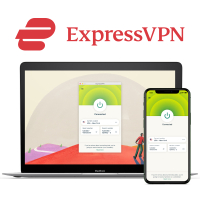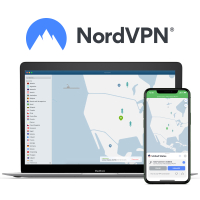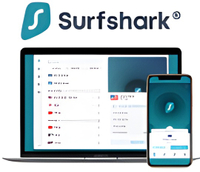3 ways a VPN can help you get the most out of your iPhone
Why put limits on what your phone can do? With a VPN, your iPhone can do so much more.
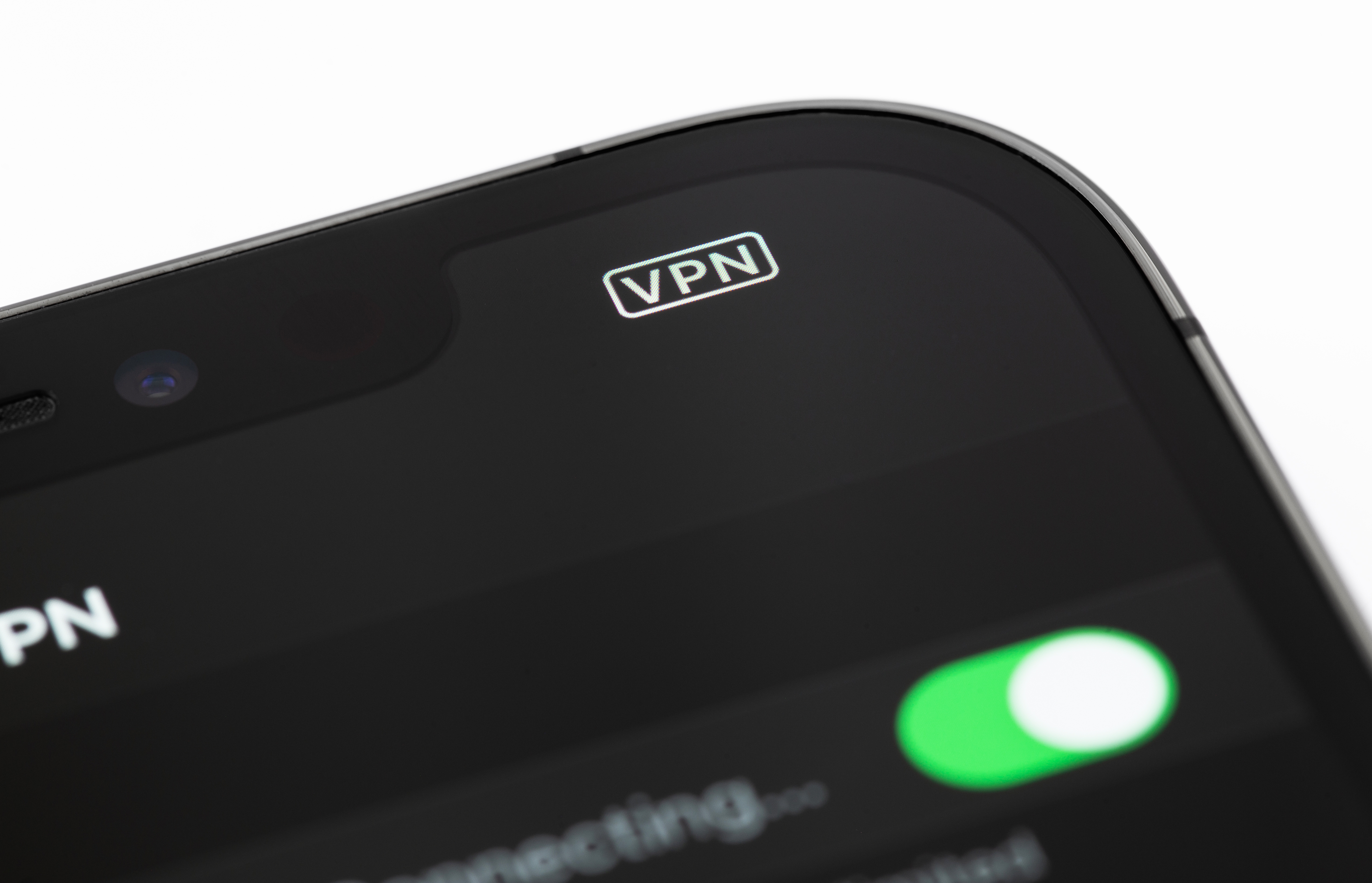
There's loads you can do with the best iPhones and the new iOS 17 in general—you get stolen device protection, spatial video capture, password sharing with trusted contacts, enhanced private browsing, and mental health check-in, amongst ample more.
While iPhones are generally more secure than any of the best Android phones, we recommend topping up your experience by installing a high-quality VPN, or Virtual Private Network, on your brand-new iPhone. It'll not only allow you to browse the internet more privately, but also give you access to streaming content and game sales from other countries, block ads, and bypass content blocks put in place by restrictive governments.
However, not every single VPN boasts the features necessary to extend the above-mentioned functionalities to your phone. Our in-house team of experts test VPNs daily and we've rounded up the best iPhone VPNs, their interesting use cases, and what factors you should consider when out shopping for a mobile VPN.
1. Accessing streaming content from other countries
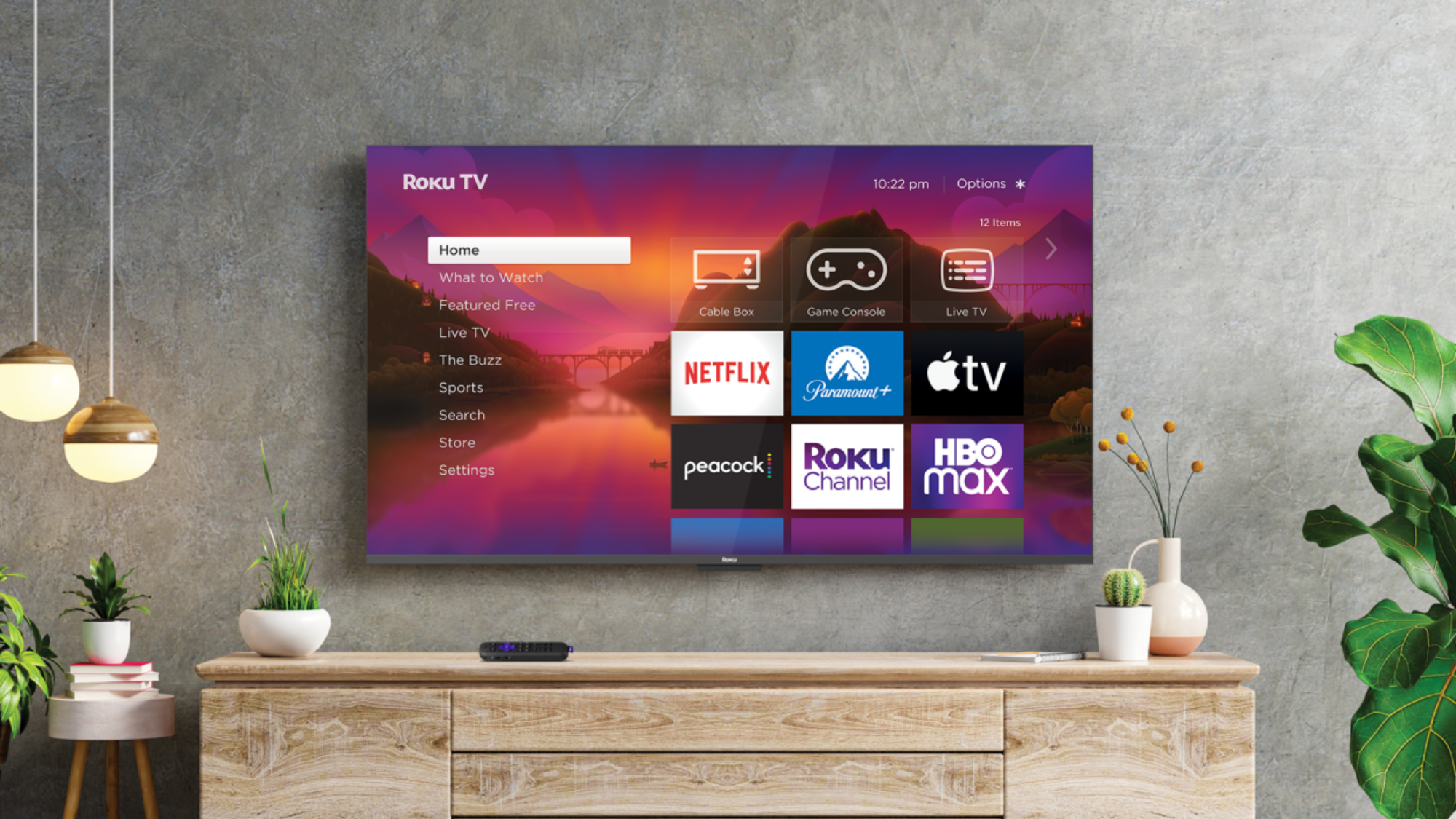
Despite the wealth of content available today, online streaming comes with a caveat—you cannot watch absolutely everything, as certain movies and TV shows may not be available in your region. This is because streaming services like Netflix and Prime Video offer different libraries in different locations. Then there’s BBC iPlayer and Hulu which are only available to people in particular countries.
The best streaming VPNs can not only mask your real location, making it look like you’re somewhere where the content you wish to watch is available, but also boast powerful unblocking and obfuscation capabilities which will come in handy when you’re trying to access geo-blocked content from a service like Netflix that’s very good at detecting when a VPN is in use.
Check out our Netflix VPN and iPlayer VPN pages in case you’re after something particular. Want a quick answer? ExpressVPN, NordVPN, and Surfshark are our all-time favorites for streaming foreign content—loads of servers, reliable unblocking, and lightning-fast speeds for minimal lags/buffering.
2. Ad blocking
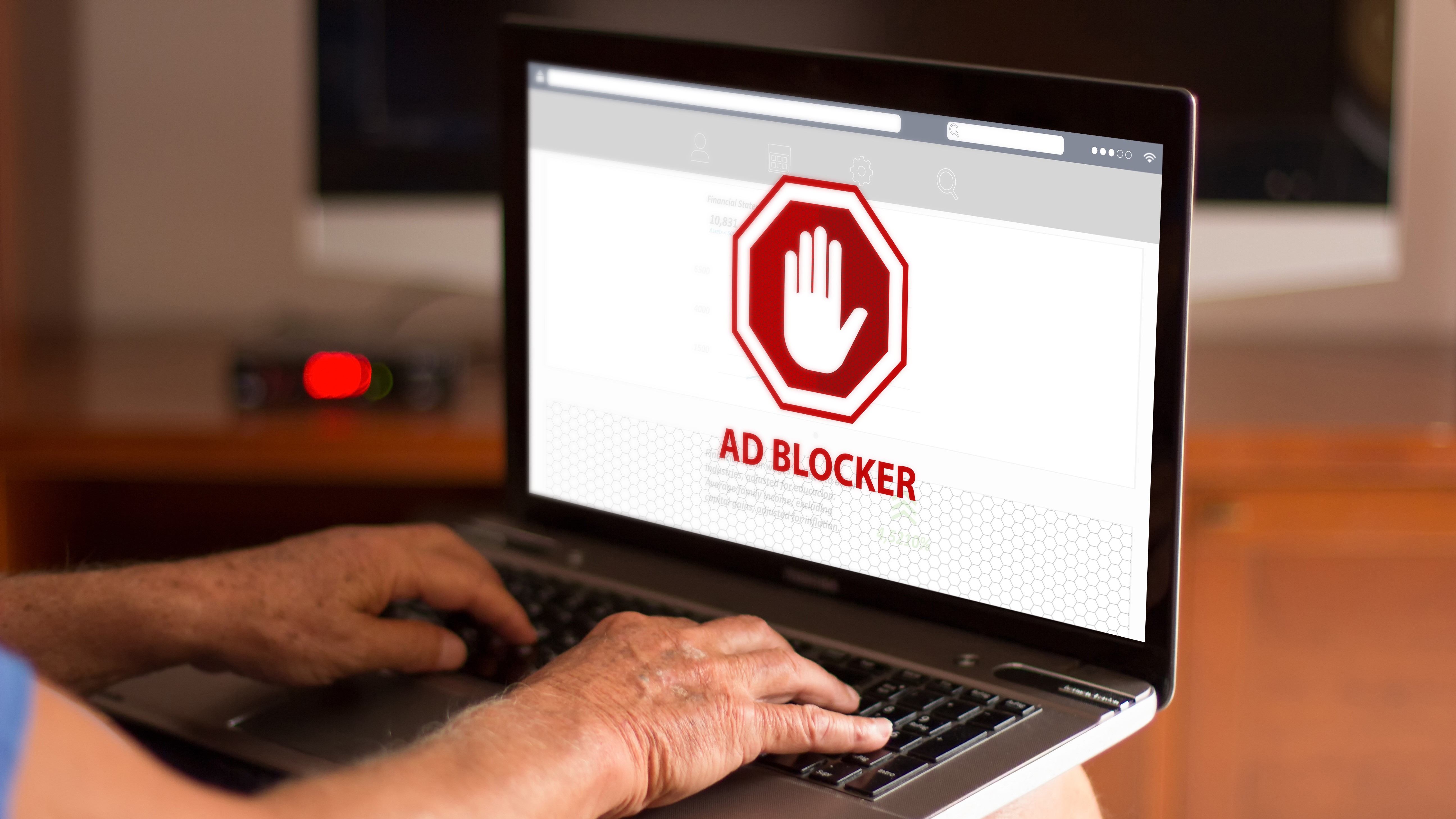
Almost every company’s website has cookies to track what buttons you click on when you visit their pages. While this can benefit you, as you get a tailored website experience, online marketers and advertisers can leverage your searches to trouble you with ads.
It’s worth noting that ads are more than just a harmless nuisance that distracts and annoys you—they can drain your phone’s battery, throttle your browsing speed, and eat your bandwidth. Also, hackers can embed links to malware in ads they send to you.
The main culprit here is your IP address which is what reveals your device’s location and what you’re doing online in the first place. ISPs, government authorities, and all sorts of advertisements can leverage your searches (revealed by your IP address) to display ads.
VPNs can indeed block pesky ads and popups. A VPN changes your online location, so that’s easy riddance from ads that were thrown your way by virtue of your location or IP address. However, ads that are embedded in a website’s code or content cannot be removed by VPNs, nor do most VPNs block ads, nor is ad removal a VPN’s primary task—it’s privacy and security on the internet.
If you want comprehensive protection from ads, we’d recommend using one of the best ad blockers. These are dedicated tools that remove all things ads, thereby eliminating webpage disruptions, malvertising, and advertisers trying to track your online activities and collect your personal information.
3. Bypassing internet censorship
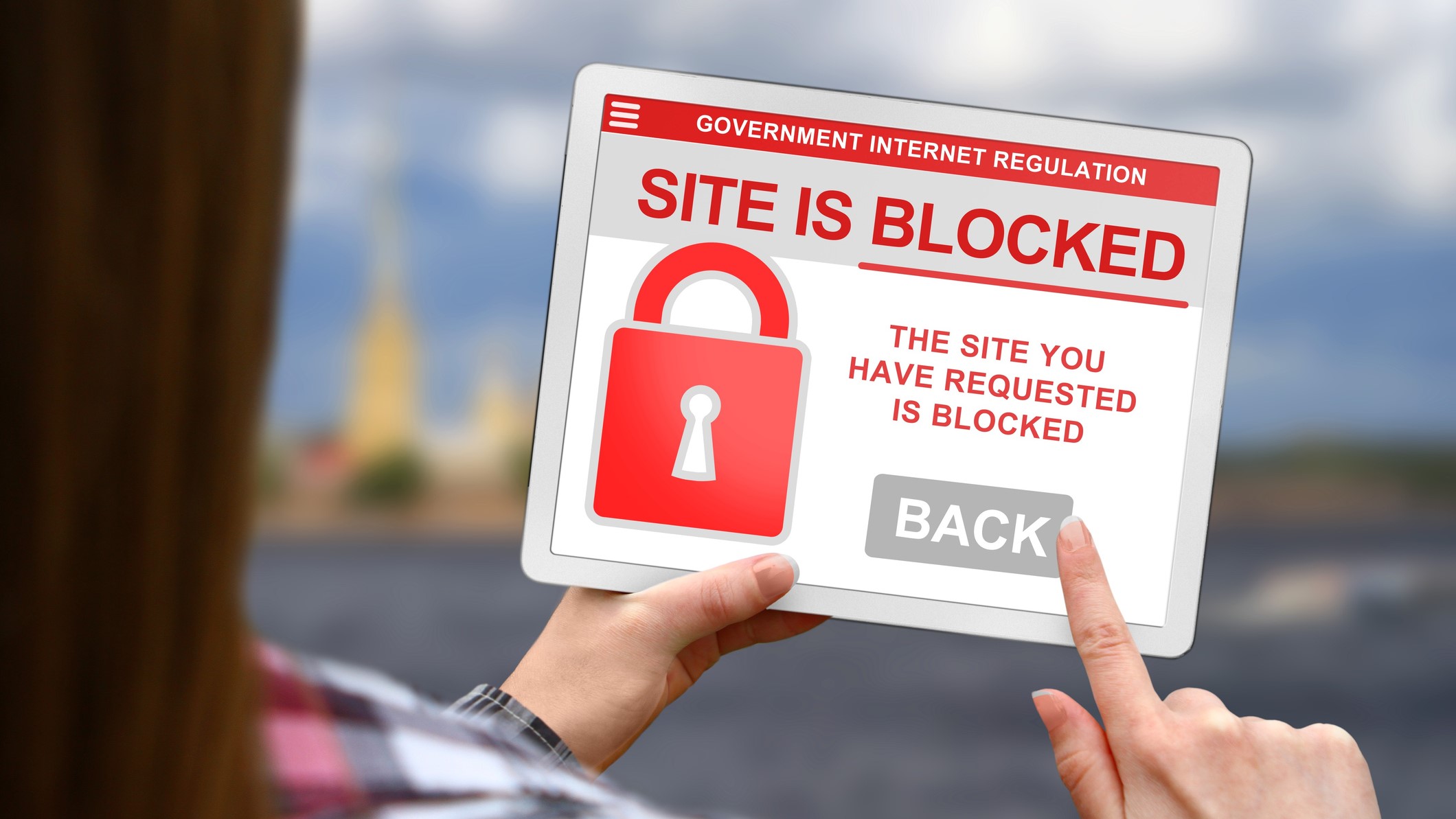
A VPN’s IP-masking abilities can go above and beyond just streaming your favorite foreign content—you can also use it to bypass internet censorship imposed at a government level. While this may not be necessary for residents in most countries of the world where there’s internet freedom, things are very different for those in China, Iran, Syria, and the UAE. For example, the Iranian government has turned to heavy internet censorship in an effort to silence dissidents.
Everyday essentials like WhatsApp, Facebook, Google, Twitter, and Wikipedia, as well as independent news sites, are all either completely blocked or heavily restricted in the above-mentioned countries. While their residents have to bear with the full extent of these censorships day-to-day, even business travelers and holidaymakers face reduced access—a real pain if you have to work on the go using platforms like Gmail or Slack.
Iran, India and Pakistan are the top 3 countries in the world for imposing internet restrictions.
Remember, not all VPNs work equally well when it comes to sidestepping government censorship—to get around government blocks, you need a VPN provider that has a server in that country, and that’s not always possible given these regimes’ heavy crackdown on independent VPNs.
So, depending on specific use cases and countries, we’ve prepared different guides for the best China VPN, Iran VPN, UAE VPN, etc. Some of the VPN services on here, to remain independent and avoid government action, have servers in nearby countries, which gets the job done.
The best VPN for iPhone in 2025
A virtual private network (VPN) gives you a fake IP address and encrypts your internet traffic to anonymize you on the internet, making it impossible for hackers, ISPs, and government authorities to track you.
It’s worth noting that the best VPN for phones can also double up as your streaming buddy, allowing you access to geo-restricted foreign content from Netflix, BBC iPlayer, etc.
TechRadar's experts have scoured the market and these are the three best VPN services right now:
1. ExpressVPN: the best mobile VPN in 2025
ExpressVPN is the best mobile VPN we’ve tried, thanks to easy-to-use and feature-packed apps on both Android and iOS. You get excellent speeds, rock-solid security, powerful unblocking capabilities, and a vast network of servers, as well as friendly 24/7 support.
It’s admittedly not the cheapest, but it makes up for that by offering 3 months of extra protection and 1 year of cloud storage with Backblaze for free—all of this in addition to its 30-day money-back guarantee, so you can try it out risk-free.
2. NordVPN: the best VPN for all-around security
NordVPN is one of the biggest names in the industry and it lives up to the hype by offering a lightning-fast VPN with an all-in-one security suite that packs a built-in antivirus, ad-blocking, and a password manager.
Unblocking capabilities are the best we’ve seen, and you can find NordVPN at the top of our best VPNs for Netflix page. Nord’s also very modestly priced, sitting in between our other two picks. Try it on for size risk-free with a 30-day money-back guarantee.
3. Surfshark: the best cheap VPN
Surfshark is a match made in heaven for those pinching for pennies—but it has enough under its hood to give premium providers a run for their money. These include unlimited simultaneous connections, fantastic unblocking, blazing speeds, and hundreds of server countries at just $2.29 per month.
It’s also ideal for beginners, thanks to easy-to-use apps with one-click connections on virtually every device type. Put it to the test with a 30-day money-back guarantee and see how it compares to ExpressVPN and NordVPN.
How to pick a VPN to secure your new phone
Your new phone deserves rock-solid security, so pick a VPN with a bulletproof kill switch, strong encryption, and a strict no-logs policy. Then, depending on your specific needs, you can prioritize providers that offer dedicated IP addresses, port forwarding, double encryption, etc.
Look for a VPN with a vast network of servers around the world, so you can connect to anywhere you want irrespective of where you are. Next, if you’re big on streaming and absolutely want access to a particular region’s content, make sure the VPN has a server (physical or virtual) in that location.
While almost every high-ranking VPN provider offers unlimited bandwidth, their speeds vary. If you want to use your Android VPN or iPhone VPN app for online gaming, binge sessions, or large downloads, opt for a fast VPN.
The number of devices you want to protect is another important consideration. If you're looking to secure the internet experience of every single device in your household, we'd recommend VPNs with unlimited simultaneous connections like Surfshark and Private Internet Access (PIA).
Needless to say, your budget is one of the most important factors—the VPN provider you choose shouldn’t break the bank for you. While all of our recommended providers offer fantastic value for your money, you can go for a good cheap VPN if you’re pinching for pennies.
If you're not tech-savvy, opt for an easy-to-use provider with simple apps, one-click connect technology, and friendly 24/7 support to help you out on the fly.
How we test VPNs
At TechRadar, we follow our detailed VPN testing methodology to review the top VPNs on the market every 6 months. This helps us keep our VPN guides up-to-date with the latest developments in the industry and make sure that our recommendations and information are always accurate and relevant.
Once we’ve analyzed the provider’s website, including its privacy policy, support options, and any claims it makes, we anonymously sign up for the VPN service and download its Windows, Mac, iOS, Android, and Linux apps.
Next, we evaluate the features, performance, ease of use, and value of every single VPN app. This includes trying to break the kill switch and check the app for potential data leaks.
We test every provider’s speeds at least 120 times by using two systems—a 1 Gbps UK data center and a US home connection. Not only that, but we also use multiple speed test sites, as well as switch between the VPN’s encryption protocols, features, and apps so that we can zero in on the real-world speeds of the VPN across various conditions and setups.
Lastly, for unblocking capabilities, we try to access geo-blocked content from four platforms (Netflix, Prime Video, Disney Plus, and BBC iPlayer) from three different locations around the world.
iPhone VPN FAQs
Are VPNs safe?
Short answer—yes
Almost every high-ranking VPN provider is extremely safe to use because they have strong encryption (like AES-256), support the most secure VPN protocols (WireGuard, OpenVPN, and IKEv2), have a no-nonsense no-logs policy, and offer security essentials like a kill switch and leak protection to protect you in case the VPN connection accidentally lapses.
Is it legal to use a VPN?
Using a VPN, for the most part, and in most countries, is completely legal. However, you can still face jail time and/or fines if you use a VPN service to commit crimes—even in regions where VPNs are allowed to operate freely. So, it's not the VPN that might be illegal, but what you do with it.
That doesn't cover everything, though, as countries like North Korea, Iraq, and Turkmenistan have completely banned all VPNs within their borders. China and Russia only allow government-approved providers and Turkey, while not as strict, still blocks access to the sites or servers of VPN providers that don't follow its rules.
What's more, there have been reports of officials in Myanmar and Iran checking civilian devices for the presence of a VPN and confiscating them if a VPN is found.
Are VPNs easy to use?
While some VPN apps come tailor-made for experts who want extreme customization, most big-name VPN services are generally very easy to set up and use. If you're looking for a quick answer, we suggest you get ExpressVPN as it comes with an intuitive one-click connect function—so you connect once and you're always protected.
Also, its proprietary Lightway protocol automatically finds the best server and encryption for your needs—and throw in friendly 24/7 support and an in-depth knowledge hub and it's easy to see why ExpressVPN is our top recommendation for beginners.
What makes a great mobile VPN app?
A top-notch mobile VPN app is one that's affordable and easy to use, with a simple design and a neatly drawn-out settings menu where every single option is easy to understand and operate. There's no shortage of functionality, either, meaning you get fast and reliable connections, a massive fleet of servers, powerful unblocking capabilities, and essential security perks like a no-logs policy and kill switch.
What can I do with a mobile VPN app?
Like their desktop versions, a mobile VPN app's primary task is to protect your device and data from snoopers on the internet. However, you can also use it to access geo-exclusive content from streaming services, enhance your online gaming experience, spoof your GPS location, save money on flights/hotels/rentals, and stay safe on public Wi-Fi networks, as well as block ads and use VoIP services that may be banned in your region or countries you plan on traveling to.
Get daily insight, inspiration and deals in your inbox
Sign up for breaking news, reviews, opinion, top tech deals, and more.

Olivia joined Tom's Guide in October 2023 as part of the core Future Tech Software team, and is the Commissioning Editor at Tom's Guide. With a background in cybersecurity, Olivia is interested in how VPNs protect users' privacy, and how they improve online safety. She also regularly uses VPNs to make sure they deliver what they promise, and specializes in testing VPNs with streaming sites.
